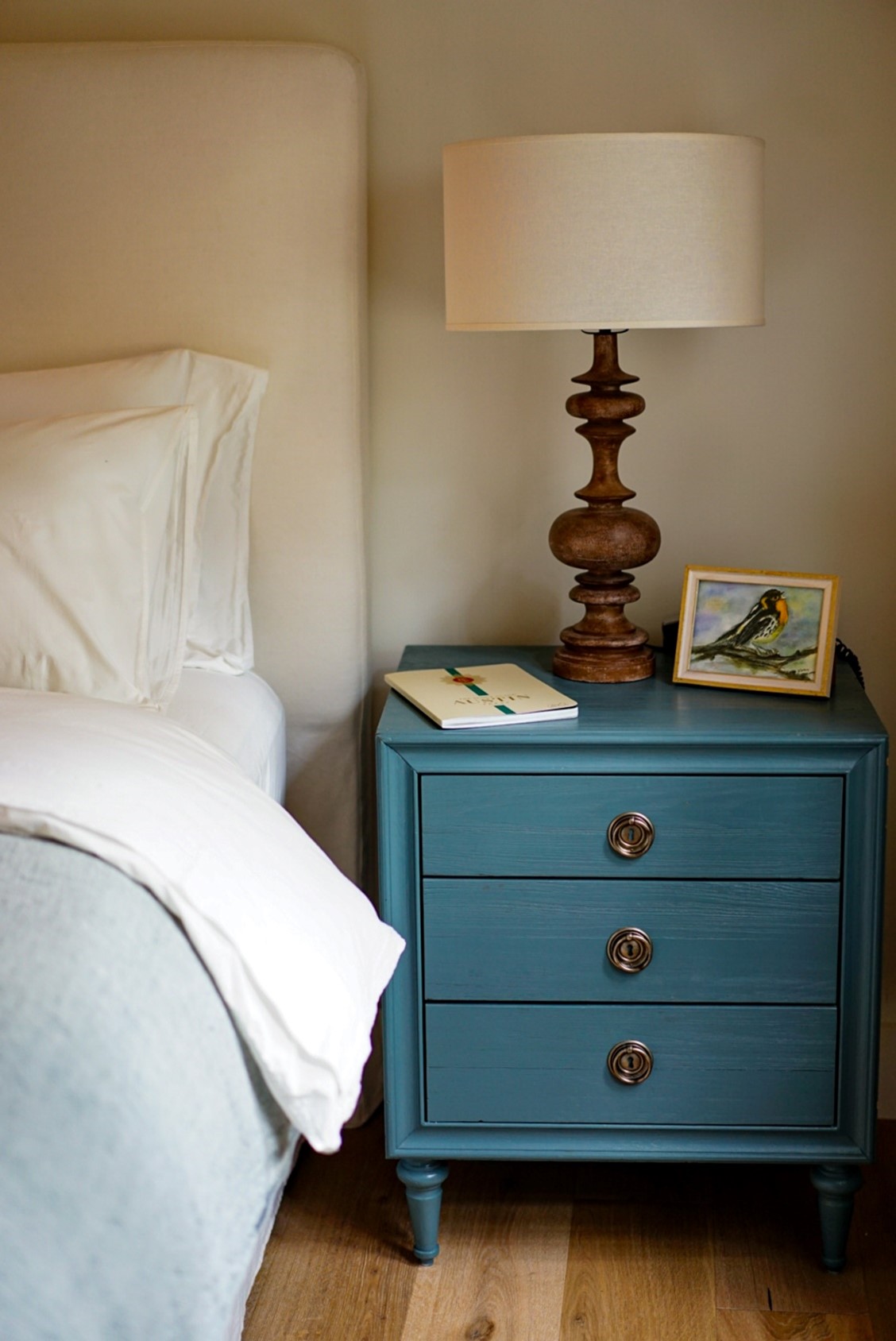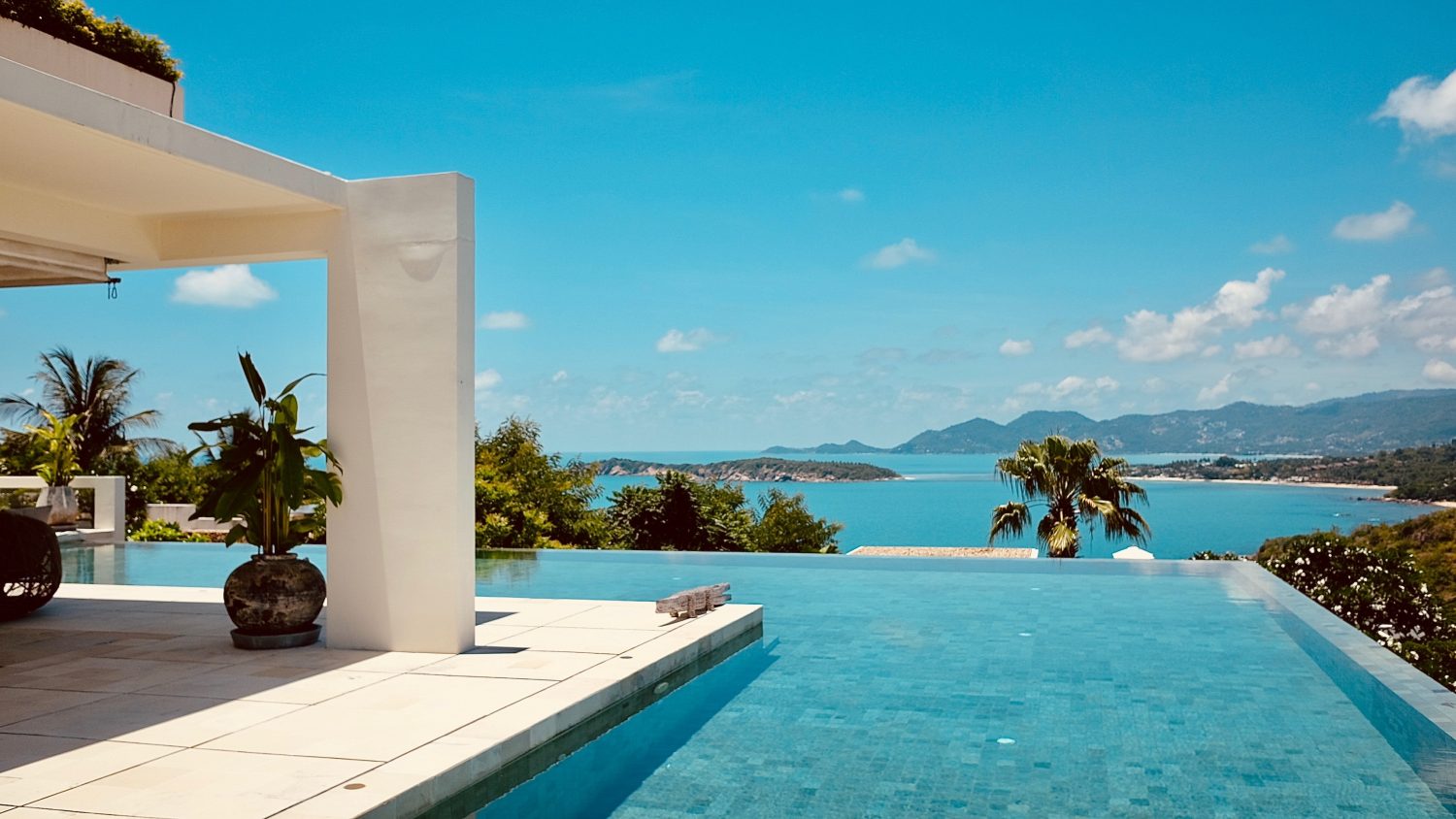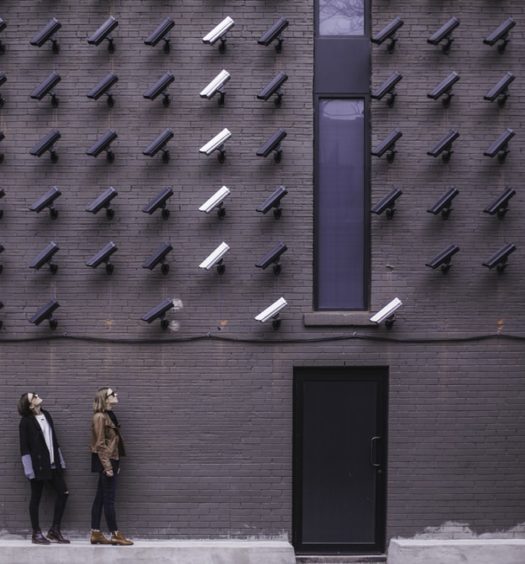4 useful tips to help you design a functional and modern website for your boutique hotel
10 mins readAs we have mentioned in our previous articles, a website is considered its online “showcase”, and the place where most travelers opt for in order to look for more information and photos about the property before booking. The above fact applies to all hotel types and all forms of bookings, whether they come from third-party online channels or even social media.
In the past, we have explained in detail the key points of designing a hotel website, which more or less applies to any type of accommodation. In this article, we decided to delve into a special type of hotel, boutique hotels, giving personalized ideas and tips for boutique hotels, helping them give personality to their website and significantly improve its efficiency.
But before we get to the main topic of the article, it is important to better understand what travelers expect when they are staying at a boutique hotel, as this directly influences the design of its website.
The key features of a Boutique Hotel | What do Travellers Expect?

Photo by Megan (Markham) Bucknall on Unsplash
The popularity of boutique accommodation has certainly skyrocketed over the past few years, as travelers are now looking for a more personalized experience while at the same time placing tremendous emphasis on the design and aesthetics of the accommodation. It makes sense for boutique hotels to take the lead in this trend as they are characterized by their unique sense of design and special “character”, which can hardly be supported by a large resort or hotel.
So, the first key feature of boutique hotels is their “personality” and quirky design. However, there are many more attributes that make boutique hotels attractive to travelers. Some of which are the personalized services provided due to their small size, in some cases their attractive, central location, their emphasis on local culture and gastronomy, and in general the unique accommodation experiences they offer.
Being aware of travelers’ expectations from a boutique hotel, we can now better understand which are the features that their website should have. After all, the website is the online “replica” of the hotel, so its content should reflect as much as possible the experience that travelers will enjoy during their stay in the property.
So let’s discover 4 attributes of a boutique hotel website that make it perfect.
*Sponsored
 Modern Hotel Website Development services, from AboutHotelier
Modern Hotel Website Development services, from AboutHotelier
AboutHotelier is one of the fastest-growing companies in the hotel marketing sector, offering its services in Greece and abroad. Capturing trends and shortages in the hotel market, AboutHotelier creates original and smart services. One of which is the Construction of Hotel Websites, which are tailor-made for hotels, directly helping them increase their sales.
Why choose the Hotel Website Development service for your accommodation?
- To gain recognition and a well-structured online presence.
- Allows the integration of the latest tools to increase your bookings.
- After studying the needs of your accommodation, a website is specified and created exclusively for your property, leading to high profitability.
- The result will be a fully dynamic, Google-friendly website, that supports easy management and excellent adaptation across all devices.
Which are your benefits?
- A modern website that will be fully adapted to the needs and the design of your accommodation is ensured.
- A functioning website created based on specially designed hotel templates, using the latest technology tools, and modifying the pages as you desire.
- Easier and direct management of your accommodation website.
- User-friendly Interface across all devices.
The modern design that will represent your business will give your hotel prestige and will allow you to add and remove content, without the need for any programming language, in a simple and understandable way!
Meet AboutHotelier and learn more about all the offered services!
#1 – The website structure should highlight the key features of a boutique accommodation (experiences, service, rooms, etc.)

Photo Credits: MeStyle in Bangkok
One of the fundamental characteristics of a high-quality website is its ability to guide visitors as the hotelier himself wishes. This can only be achieved in one way – and that is through the structure. Simply put, the structure refers to the classification of the website content into sections and sub-sections, but also the order in which all the information of the website is displayed, either in the menu or on the home page.
It is important that the structure of a boutique hotel website focuses on its focal features, that support the boutique experience it promises. Whether it is about personalized experiences, a facility such as a restaurant, or even a unique service. This means that even hotels that do not have many facilities, such as restaurants or spas, will not look “poor” to the visitors, as their strong points will be properly highlighted.
Naturally, the hotel’s most important services/facilities should have their own landing page within the website and the required content to accompany them so that it is guaranteed that the visitor will give them the necessary attention.
#2 – The design of the website must be in harmony with the aesthetics of the hotel and not present an image that is not consistent with that of the accommodation

Photo Credits: Samsara Ubud in Bali
There are many cases when the design of the website is not in harmony with the aesthetics of the hotel, resulting in a website that is not related aesthetically to the accommodation. Especially in Boutique Hotels, which are characterized by their unique design, it is almost necessary to reflect this on their website.
In this way, the hotel’s brand awareness is strengthened, while visitors get a rough idea of the hotel experience. If done correctly, it will result in a unique website that will differ from the competition, which is especially important at a time when travelers are looking for unique accommodation experiences and place great emphasis on aesthetics.
#3 – Photos and videos should play a leading role in the website

Video Credits: 11 Mirrors Hotel
This tip is related to the content of the website but is significantly influenced by its design. Before making a reservation, most travellers visit a hotel website to search for photos, videos, and general information about the accommodation. This applies to all accommodation and all types of bookings, whether they come from third parties or travelers who have discovered the accommodation on social media.
Obviously, this affects boutique hotels as well. As this type of accommodation relies heavily on its design and aesthetics, photos and videos’ position within the website will directly affect its success. Therefore, the property’s visual content should be in harmony with the website’s design and be visible through all the website pages.
In order to have a balance between content and website structure, the sections where the photos will be put must be specified during its first specification. This way, the website will be more functional, and you will not end up having to suffice on just one gallery page (as most accommodations do), with the rest of the pages being able to support only one photo or low size photos (due to lack of space).
# 4 – Facilities with a special feature or unique design should star on the website as part of the hotel experience

Photo Credits: 7132 Hotel in Switzerland
In our first tip, we mentioned that the website should highlight the unique elements that support the accommodation’s boutique experience. In fact, there are some cases that a facility or service is so unique, that it becomes an integral part of the overall hotel experience. Such facilities should be highlighted and regarded as part of the accommodation, urging the visitors to try them when visiting.
In boutique hotels, it is quite common for individual facilities to have unique features that make them differentiate and stand out from the competition. If you consider this to be the case for some facilities of your boutique hotel, then it is quite important to highlight it as an integral part of the hotel experience and not as an additional service/facility.
«Create a section that will refer to the uniqueness of the facility and actively integrate it into your communication strategy»
*Sponsored
 Learn more about the services provided by AboutHotelier!
Learn more about the services provided by AboutHotelier!
AboutHotelier is one of the fastest-growing companies in the hotel marketing sector, that offers its services in Greece and abroad, developing revenue-increasing applications and original Digital services for every type of hotel. Through AboutHotelier, you can promote your accommodation in a targeted and effective way, enhancing your online presence, with your own direct sales channel, and increasing your bookings and total revenue.
More specifically, AboutHotelier provides hoteliers with easy-to-use tools, designed to increase bookings and simplify the day-to-day operations of their business!
Some of the available tools are:
- RateStrip Price Check Widget: Provide the best possible prices to travelers
- Room Rack Cloud Hotel PMS: Hotel Management Software and Marketing Software for Hotels & Bnbs
- Website Development: Design and development of modern websites for all hotel types
- Revenue & Rate Intelligence: An effective way to increase the direct traffic to your hotel website
- CRM Email Marketing: E-mail marketing Service for Revenue Increase
- Booking Engine: Designed to optimize conversion and enhance your hotel’s instant bookings
- Channel Manager: Cloud-based platform for the management of the online channels that your property is featured.
- SEO & SEM Services: Increase your website traffic through your ranking in Google organic results.
Meet AboutHotelier and learn more about all the offered services!
Concluding…
These are the key points for designing a website in a Boutique Hotel, which aims not only to inform, but guide the visitor, and convey to him the hotel experience and the unique attributes of your accommodation. Concluding, we would like to remind you that the goal of every hotel website is to turn visits into reservations, so your booking engine should actively a part of every landing page. While you need to make a clear statement of the reasons why the potential Customer should trust your website for his booking.






